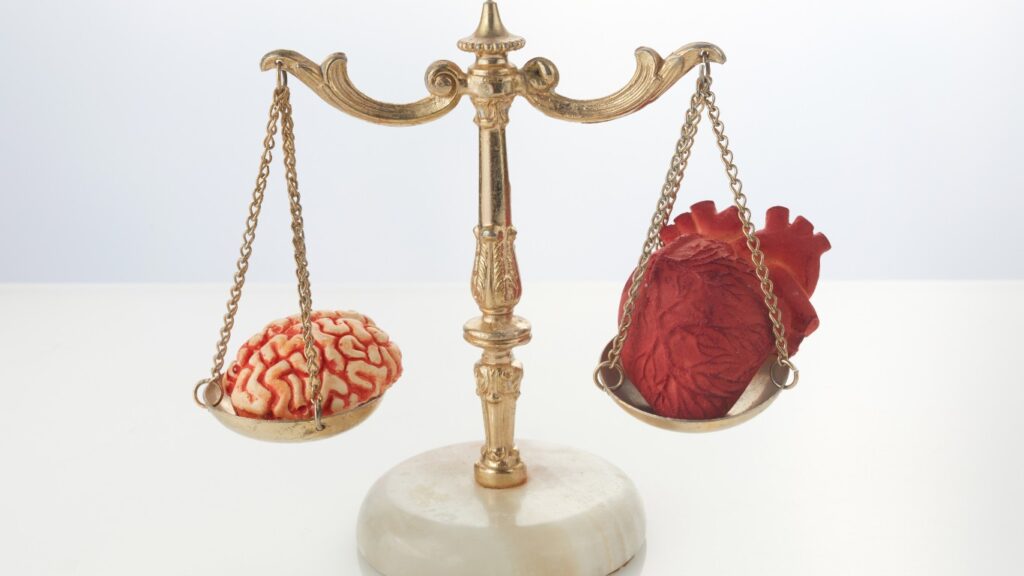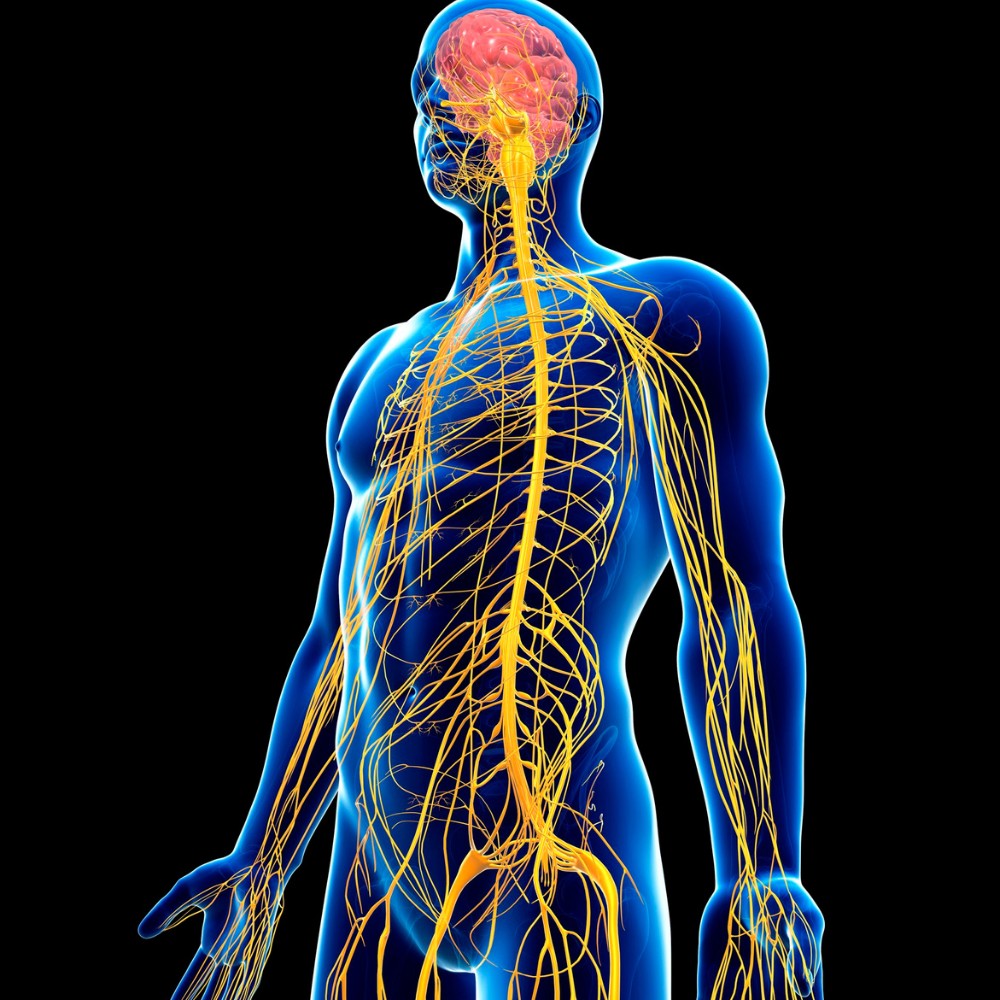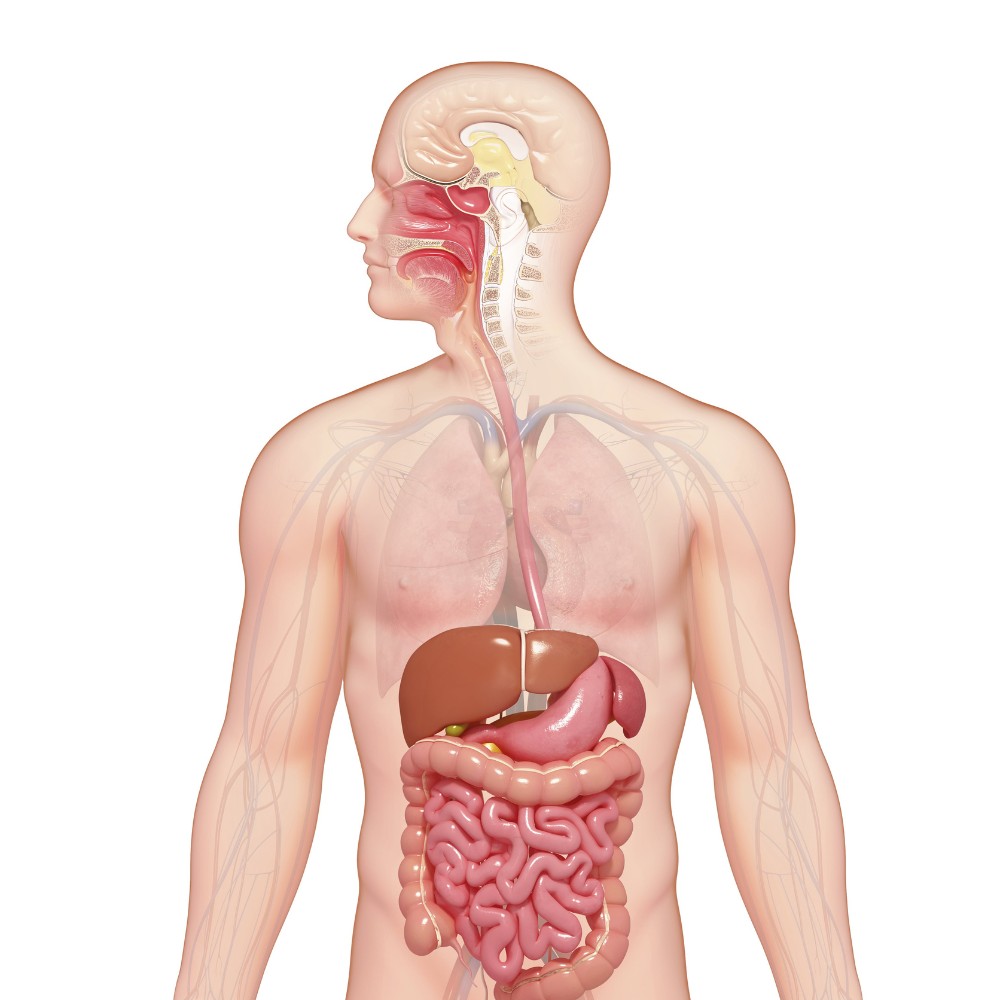Disclosure:
Thank you for reading this post, don't forget to subscribe!
Some of the links on this website are affiliate links. This means that if you click on the link and make a purchase, we may receive a small commission at no extra cost to you. Your support helps us keep the site running.Learn more on my Privacy Policy and Affiliate Disclosure page. Thank you for your support!

Explore the intricate relationship between mental and physical health. Discover how our thoughts, emotions, and behaviors influence our bodies and vice versa.
The human experience is a tapestry woven with threads of thought, emotion, and physical sensation. Each thread influences the others, creating a complex interplay that defines our overall well-being. This intricate dance between mind and body has intrigued scholars, philosophers, and scientists for centuries. Today, modern science offers profound insights into this connection, demonstrating that our mental and physical health are inextricably linked. Understanding this connection can unlock pathways to holistic health, allowing us to lead more balanced and fulfilling lives.
The Science Behind The Mind-Body Connection
At its core, the mind-body connection refers to the profound interrelationship between our mental processes and physical states. This concept posits that our thoughts, emotions, beliefs, and attitudes can positively or negatively affect our biological functioning. Conversely, our physical health can impact our mental well-being. This bidirectional relationship is the cornerstone of many holistic health practices and underscores the importance of addressing both mental and physical health in medical and therapeutic settings.
Historical Perspectives
The idea of the mind-body connection is not new. Ancient civilizations such as the Greeks, Egyptians, and Chinese recognized the interplay between mental and physical health. Hippocrates, often regarded as the father of modern medicine, emphasized the importance of treating the whole person, considering both the body and the mind. Traditional Chinese Medicine (TCM) also highlights the balance between mental and physical health, with practices like acupuncture and herbal medicine aimed at harmonizing this connection.
read next: Mental Health Matters-practical Tips for Managing Anxiety and Stress.
Philosophical Insights
Modern Scientific Understanding
Advancements in neuroscience, psychology, and physiology have shed light on the mechanisms underlying the mind-body connection. Research has shown that mental states can influence physical health through various pathways, including the nervous, endocrine, and immune systems. For instance, chronic stress can lead to hormonal imbalances, suppressed immune function, and increased susceptibility to illness. Conversely, positive emotions and thoughts can enhance immune function and promote physical health.
Neurological Pathways

The brain is the command center of the mind-body connection, orchestrating the complex interactions between mental and physical health. Neurons, neurotransmitters, and neural networks play crucial roles in this process. The autonomic nervous system, which includes the sympathetic and parasympathetic branches, regulates physiological responses to stress and relaxation. Understanding these pathways provides insights into how psychological interventions can influence physical health outcomes.
Endocrine System
Hormones act as messengers between the mind and body, influencing various physiological processes. The endocrine system, comprising glands such as the pituitary, thyroid, and adrenal glands, plays a pivotal role in this connection. For example, stress triggers the release of cortisol, a hormone that can impact numerous bodily functions. Conversely, positive mental states can promote the release of endorphins and oxytocin, enhancing overall well-being.
Immune System
The immune system is highly sensitive to psychological states. Stress, depression, and anxiety can weaken immune function, making the body more vulnerable to infections and diseases. On the other hand, positive emotions and a sense of well-being can strengthen immune responses. This dynamic underscores the importance of maintaining mental health to support physical health and vice versa.
Learn more about: Mind-body connection-Ancient wisdom meets modern science.
Cardiovascular Health
The relationship between mental health and heart health is well-documented. Stress, anxiety, and depression are significant risk factors for cardiovascular diseases. Chronic stress can lead to hypertension, increased heart rate, and inflammation, all of which contribute to heart disease. Conversely, mental health interventions such as relaxation techniques, cognitive-behavioral therapy (CBT), and physical exercise can improve cardiovascular health.
The Gut-Brain Axis
Emerging research highlights the gut-brain axis, a bidirectional communication system between the gut and the brain. The gut microbiome, comprising trillions of microorganisms, plays a critical role in this connection. Imbalances in gut bacteria can affect mental health, contributing to conditions such as depression and anxiety. Conversely, mental states can influence gut health, affecting digestion and overall well-being.

Psychosomatic Medicine
Psychosomatic medicine focuses on the interaction between psychological factors and physical health. This field explores how mental states can manifest as physical symptoms and how physical conditions can impact mental health. Conditions such as irritable bowel syndrome (IBS), chronic pain, and fibromyalgia often have psychosomatic components, highlighting the importance of addressing both mind and body in treatment.
Stress and Its Impact
Stress is a ubiquitous part of modern life, affecting both mind and body. Acute stress can trigger the “fight or flight” response, leading to physiological changes such as increased heart rate and blood pressure. Chronic stress, however, can have detrimental effects on health, contributing to conditions such as hypertension, diabetes, and mental health disorders. Effective stress management techniques are essential for maintaining overall health.
Impact
Our ability to regulate emotions significantly impacts our physical health. Techniques such as mindfulness, meditation, and cognitive-behavioral therapy (CBT) can help manage negative emotions, reducing their impact on the body. Emotional regulation strategies can lower stress levels, improve immune function, and enhance overall well-being.
read more about 10 SURPRISING BENEFITS OF DAILY MEDITATION FOR MIND AND BODY HEALTH.
Cognitive Behavioral Therapy (CBT)
CBT is a widely used therapeutic approach that addresses the interplay between thoughts, emotions, and behaviors. It has proven effective in treating various mental health conditions, including anxiety, depression, and PTSD. CBT can also help manage physical symptoms by changing negative thought patterns and promoting healthier behaviors.
Meditation and Mindfulness
Meditation and mindfulness practices have gained popularity for their benefits to both mental and physical health. These practices involve focusing the mind, reducing stress, and promoting relaxation. Regular meditation can lower blood pressure, improve immune function, and enhance emotional well-being, illustrating the powerful mind-body connection.

Exercise and Mental Health
Physical activity is a cornerstone of good health, benefiting both body and mind. Exercise releases endorphins, which improve mood and reduce stress. Regular physical activity can also enhance cognitive function, improve sleep quality, and reduce the risk of mental health disorders such as depression and anxiety.
Nutrition and the Mind-Body Connection
Diet plays a crucial role in the mind-body connection. Nutrient-rich foods support brain function, while poor nutrition can negatively impact mental health. Omega-3 fatty acids, antioxidants, and vitamins are essential for cognitive function and emotional well-being. A balanced diet can enhance overall health, highlighting the importance of nutrition in the mind-body connection.
find out more about: Why the secret to health lies in the mind-body connection, with Ellen Langer the university of chicago.
Sleep and Health
Quality sleep is vital for mental and physical health. Sleep disorders can lead to cognitive impairment, mood swings, and physical health problems. Establishing healthy sleep habits and addressing sleep disorders is essential for maintaining the mind-body connection and overall well-being.
Chronic Illness and Mental Health
Living with a chronic illness can take a toll on mental health. Conditions such as diabetes, arthritis, and heart disease often come with emotional challenges. Addressing the psychological aspects of chronic illness through counseling, support groups, and mental health interventions can improve the quality of life and health outcomes.
Pain Management
Pain is a complex experience influenced by both physical and psychological factors. Psychological techniques such as mindfulness, CBT, and relaxation strategies can help manage chronic pain. Understanding the mind-body connection in pain management can lead to more effective and holistic treatment approaches.
Social Connections
Human beings are inherently social creatures, and our social connections significantly impact our health. Strong social bonds can improve mental health, reduce stress, and enhance physical health. Conversely, social isolation and loneliness can have detrimental effects, highlighting the importance of fostering meaningful relationships.

Spirituality and Health
Spirituality and a sense of purpose can enhance the mind-body connection. Practices such as prayer, meditation, and involvement in a faith community can provide emotional support, reduce stress, and promote overall well-being. Spirituality can be a powerful component of holistic health, contributing to a balanced mind-body connection.
Alternative and Complementary Medicine
Alternative and complementary medicine approaches, such as acupuncture, yoga, and herbal remedies, often emphasize the mind-body connection. These practices can complement conventional medical treatments, offering holistic approaches to health and well-being.
Practical Tips for Enhancing Mind-Body Connection
Incorporating mind-body practices into daily life can improve overall health. Techniques such as mindfulness meditation, regular exercise, healthy eating, and stress management can enhance the mind-body connection. Practical tips and strategies can empower individuals to take charge of their health and well-being.
Future Directions in Research
The field of mind-body research is continually evolving, with new discoveries and emerging trends. Future research directions include exploring the genetic basis of the mind-body connection, the role of technology in health interventions, and the integration of mind-body practices into mainstream healthcare.
Conclusion
Understanding the science behind the mind-body connection offers profound insights into holistic health. By addressing both mental and physical aspects of well-being, we can achieve a more balanced and fulfilling life. Embracing the mind-body connection empowers us to take proactive steps towards health, harnessing the power of our thoughts, emotions, and behaviors to enhance our physical state.
FAQs
What is the mind-body connection?
The mind-body connection refers to the interrelationship between our mental processes and physical states. It posits that our thoughts, emotions, beliefs, and attitudes can affect our physical health and vice versa.
How does stress impact the mind-body connection?
Chronic stress can lead to hormonal imbalances, suppressed immune function, and increased susceptibility to illness. Effective stress management techniques are essential for maintaining overall health.
What role does nutrition play in the mind-body connection?
A balanced diet supports brain function and overall health. Nutrient-rich foods enhance cognitive function and emotional well-being, while poor nutrition can negatively impact mental health.
How can exercise improve mental health?
Regular physical activity releases endorphins, which improve mood and reduce stress. Exercise also enhances cognitive function, improves sleep quality, and reduces the risk of mental health disorders.
What are some practical tips for enhancing the mind-body connection?
Incorporating mindfulness meditation, regular exercise, healthy eating, and stress management techniques into daily life can improve the mind-body connection and overall health.
How can social connections influence health?
Strong social bonds improve mental health, reduce stress, and enhance physical health. Conversely, social isolation and loneliness can have detrimental effects, highlighting the importance of fostering meaningful relationships.
Check out: National Institute of Mental Health (NIMH): https://www.nimh.nih.gov
American Psychological Association (APA): https://www.apa.org
Mayo Clinic: https://www.mayoclinic.org
Unlock the full potential of your well-being by embracing the mind-body connection. Explore our resources, join our community, and take the first step towards a healthier, more balanced life today. Don’t wait—start your journey to holistic health now!
Loved learning about the mind-body connection? Share this article with your friends and family to spread the knowledge! #MindBodyConnection #HolisticHealth #WellnessJourney
more about:
HEALTH / WELLNESS / FITNESS / NUTRITIO







